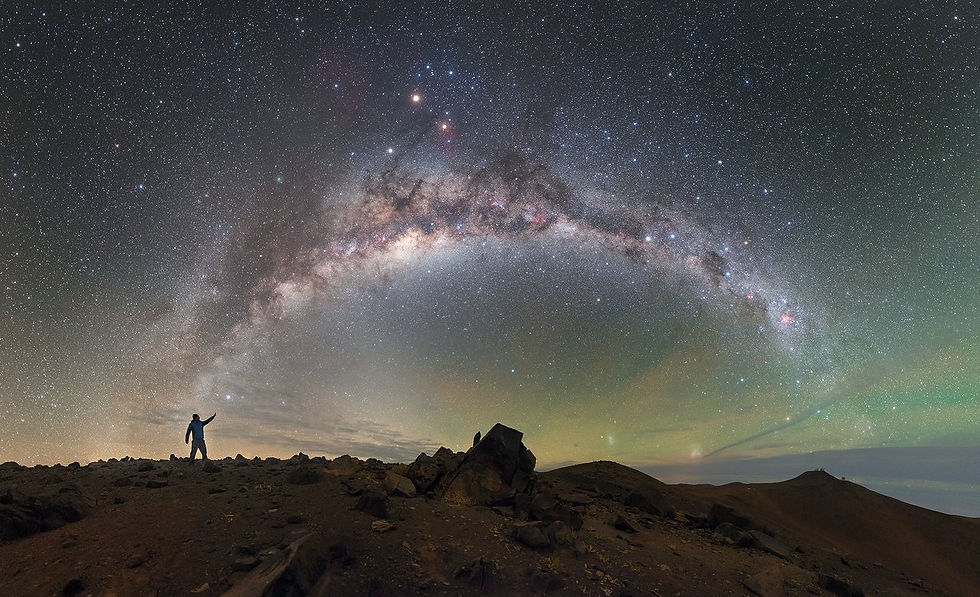
episode 2
When the United States Department of Defense started studying UFOs again, it didn't just study UFOs. It studied the strange phenomena that often seem to accompany UFOs... like poltergeists, mysterious illnesses, and stories of abductions that even Harvard psychologist John Mack seemed to think they were credible.
No story of these phenomena has captivated the American imagination quite like Whitley Strieber’s, whose book Communion described his terrifying and life-changing encounter with aliens.

Whitley sacrificed his successful career as a novelist to become the chief chronicler of these bizarre encounters, which turned out to be far more widespread than he could’ve ever dreamed. He and his wife, Anne — his partner and confidant in all of his work before she passed away — ultimately received hundreds of thousands of emotional, passionate letters describing similar experiences to Whitley’s, and expressing their gratitude that someone had finally spoken up about them publicly.
In episode two, we'll meet Whitley and hear the story of his encounters, as well as they've shaped his life and work since. We'll also see Whitley discuss with Leslie Kean how his experiences point to a much stranger and more menacing side of the UFO story — and as it is debated in Congress and studied by the Pentagon, it raises the question of just what they might uncover... and how much the government will be willing to tell the American public. Mellon will elaborate on the possible explanations, as he sees it, for these recent UFO phenomena, and how the government might handle revealing what it finds out.

Off of this return to the present-day government storyline, we’ll visit the archives of Rice University, where we’ll see the letters that were sent to Whitley Strieber firsthand. They’re here because Dr. Jeffrey Kripal created an effort, called the Archives of the Impossible, to house them — part of his long quest to make the paranormal an object of serious academic study, rather than a bad word that would ruin the career of any serious person who dared to utter it.
Thanks to Dr. Kripal, what used to be called the “Invisible College” — a term that referred to the underground network of scientists, military officials, and academics who privately discussed UFOs and the paranormal — has finally taken over the Ivory Tower.

And the ideas they’re talking about could revolutionize not only the way we think about UFOs, but how we understand the very fabric of reality.